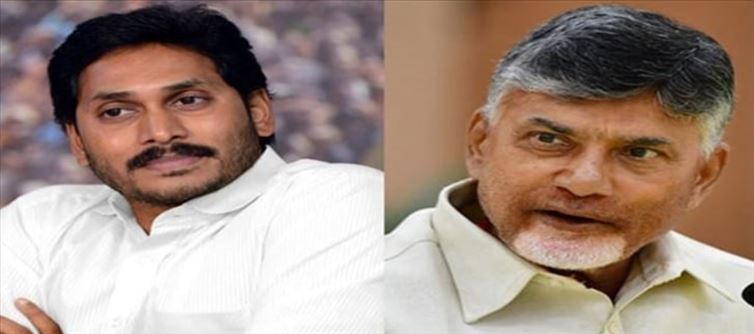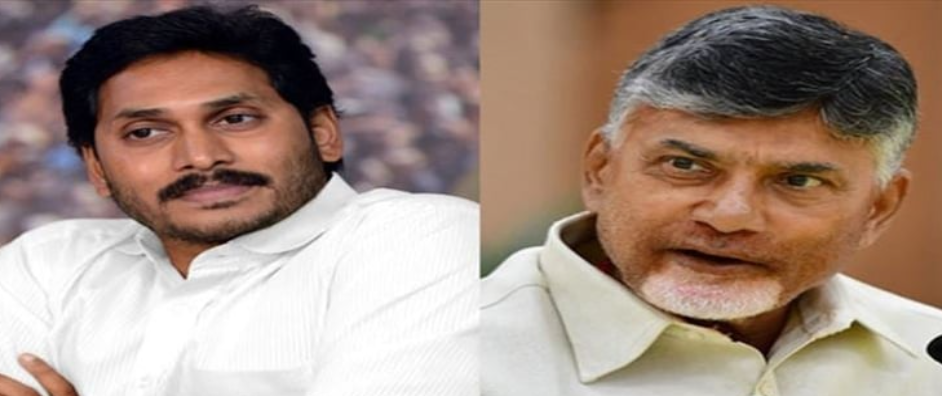
The recent release of both the tdp Manifesto and the ycp manifesto within two days has sparked comparisons and discussions about their feasibility and credibility. While Jagan's manifesto is perceived to be closer to reality, reflecting limited yet achievable promises, the Manifesto, presented by Chandrababu Naidu, has drawn attention for its ambitious nature.

Jagan's track record of delivering on his commitments has instilled a sense of credibility in his promises, contrasting with Chandrababu's perceived history of unfulfilled pledges. Despite Chandrababu's past criticism of free electricity initiatives, his latest manifesto includes a promise of quality free electricity for nine hours. However, scepticism remains regarding whether these pledges will be implemented effectively.
Chandrababu's proposal to provide pensions at the age of 50 raises concerns about the potential strain on the state's finances. Similarly, the Vandanam scheme, which promises financial assistance to mothers of school-going children, raises questions about its sustainability and impact on the state budget.
Analysts are questioning the feasibility of implementing the alliance's commitments, suggesting that the funding required would be substantially higher than current levels. There are concerns that some promises may be unrealistic or impractical, leading to scepticism about the alliance's intentions and ability to deliver on their manifesto pledges.
Overall, there is a prevailing sentiment that while both manifestos present ambitious visions for the state's future, doubts persist about the feasibility and implementation of the promises outlined, particularly in the Navaratnam Manifesto. Critics caution against placing undue faith in manifesto pledges without considering their practicality and the track record of the parties involved in fulfilling their commitments.




 click and follow Indiaherald WhatsApp channel
click and follow Indiaherald WhatsApp channel